Nine-year-olds lose motivation for school sports
Children begin to lose motivation to take part in school sports classes from the age of nine, Swiss researchers have shown. The study comes amid rising concerns about kids’ sedentary lifestyles.
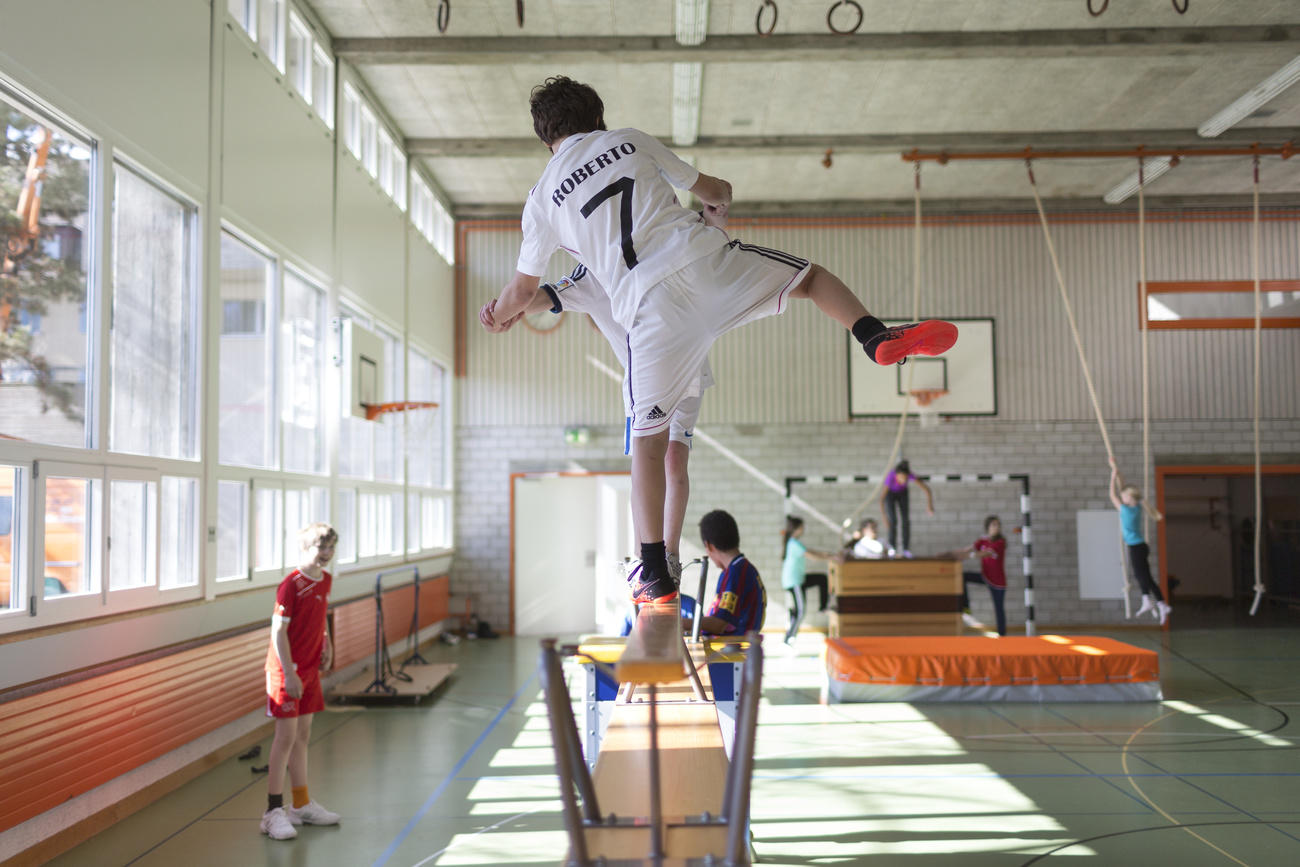
A team from the University of Geneva (UNIGE) followed 1,200 Geneva pupils aged eight to 12 for two years to find out at what age children lost their desire for exercise. Pupils had to complete a questionnaire every six months to measure their motivation levels. The results have been published in the journal Psychology of Sport and ExerciseExternal link.
“Our results showed for the first time that there is a sharp drop in positive motivations for physical activity (with good motivational qualities), such as pleasure or health, over a child’s time at primary school from age nine onwards”, said Julien ChanalExternal link, a researcher in the Psychology Section of UNIGE’s Faculty of Psychology and Educational Sciences, in a press release on TuesdayExternal link. “We’ve never observed this decline at such a young age!”
Motivations considered counterproductive, with poor motivational qualities such as doing sports to get a good grade or to show a positive image to your peers, increased as the children got older.
This meant that children were physically active but “these motivational qualities are only positive in the short term, which is counterproductive for a child’s physical development. In fact, we know that if children are motivated by good reasons when they’re young, then they’ll remain active when they’re adults,” Chanal said.
What can be done
Given that motivation drops off at age nine, researchers are recommending a closer look at how physical education (PE) is taught at primary school, as this is the only place where every child can be reached.
“In recent decades PE teaching has changed enormously. Classes are more academic, with children learning about rules, motor functioning, mutual support etc,” Chanal said. This means less time devoted to actual moderate-to-vigorous physical activity, which is already rare outside school.
The UNIGE team is working with the University of Teacher Education, canton VaudExternal link, on boosting children’s positive motivations for PE. It is also important to ensure that sports lessons are as active as possible.
“This is especially the case since, once again, we fall below the standards prescribed by the World Health Organization,” Chanal said. “Their recommendation is 150 minutes of physical education per week, while students in Geneva have only 135 minutes available, or three periods of 45 minutes each.”
Obesity concerns
Statistics released in April by Promotion Health Switzerland found that the long-term trend for obesity and being overweight had fallen among kindergarten and primary school children but had stabilised among older teenagers. Overall, one in six pupils is obese or overweight in Switzerland.
While cantonal obesity prevention programmes were having an effect, more children’s play areas and improvements to cycle paths and footpaths were needed, Promotion Health Switzerland said.
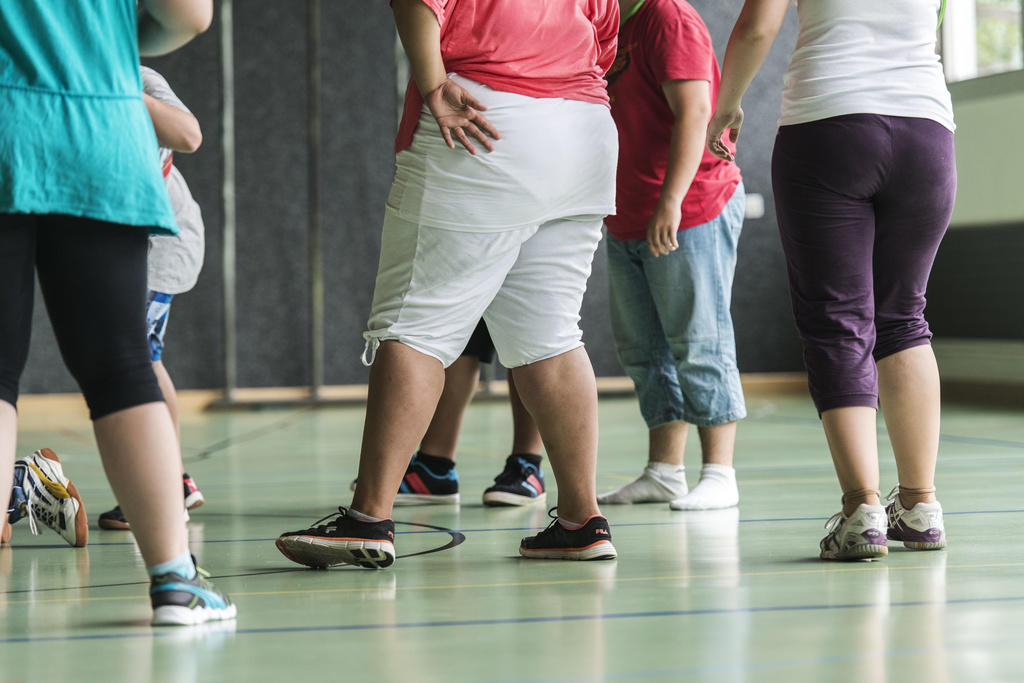
More
Obesity figures stabilise among Swiss kids

In compliance with the JTI standards
More: SWI swissinfo.ch certified by the Journalism Trust Initiative
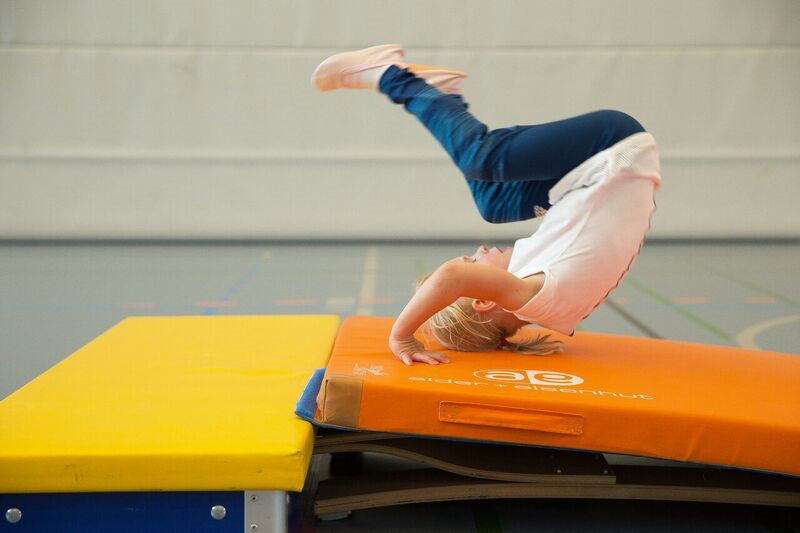
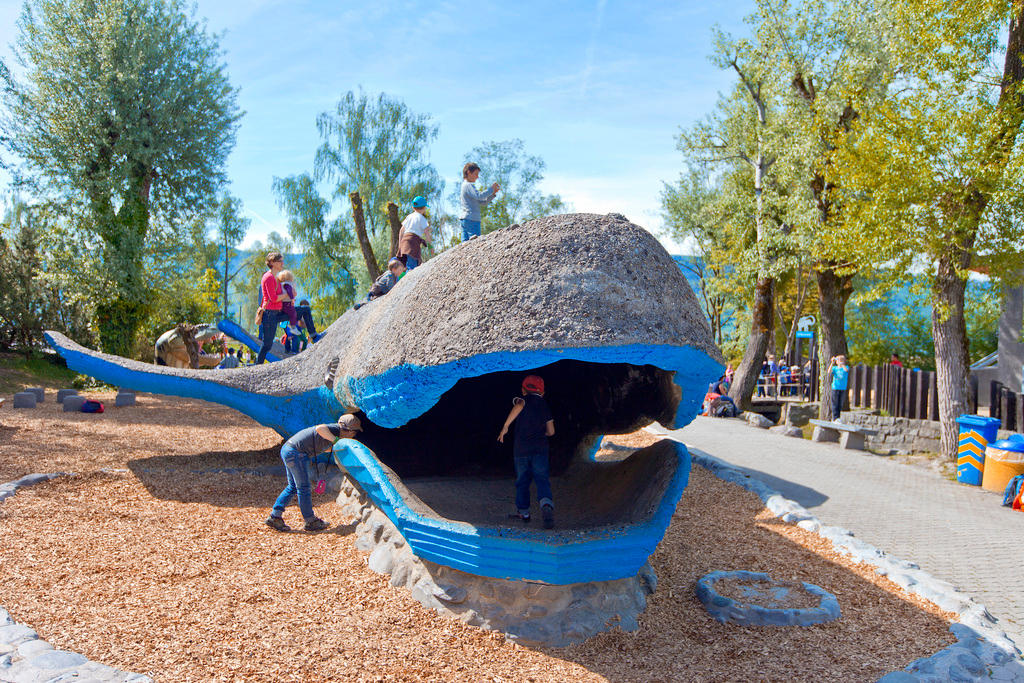
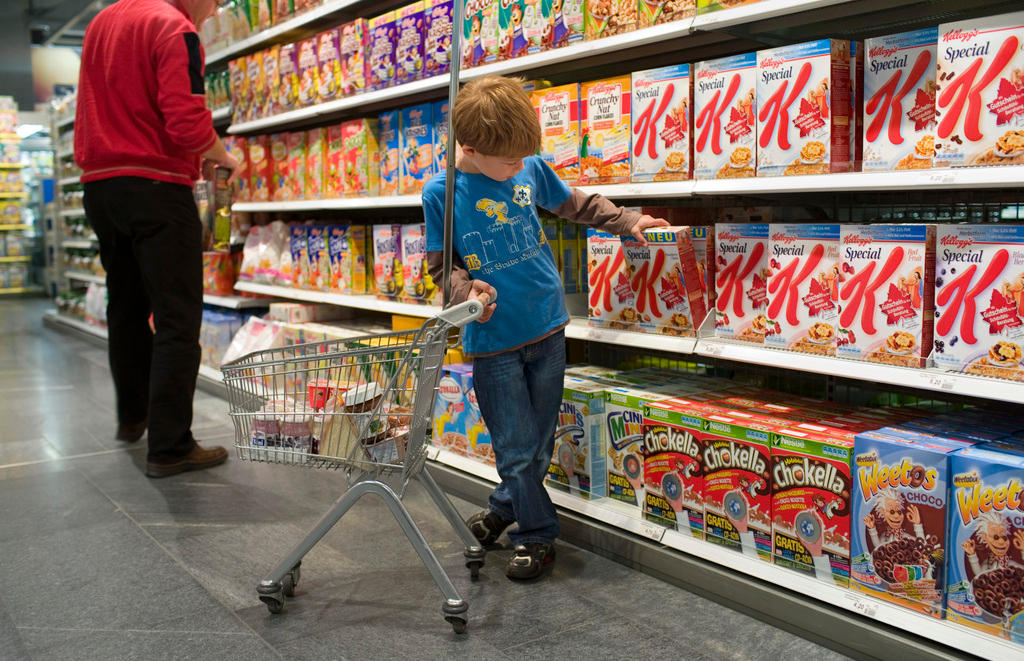
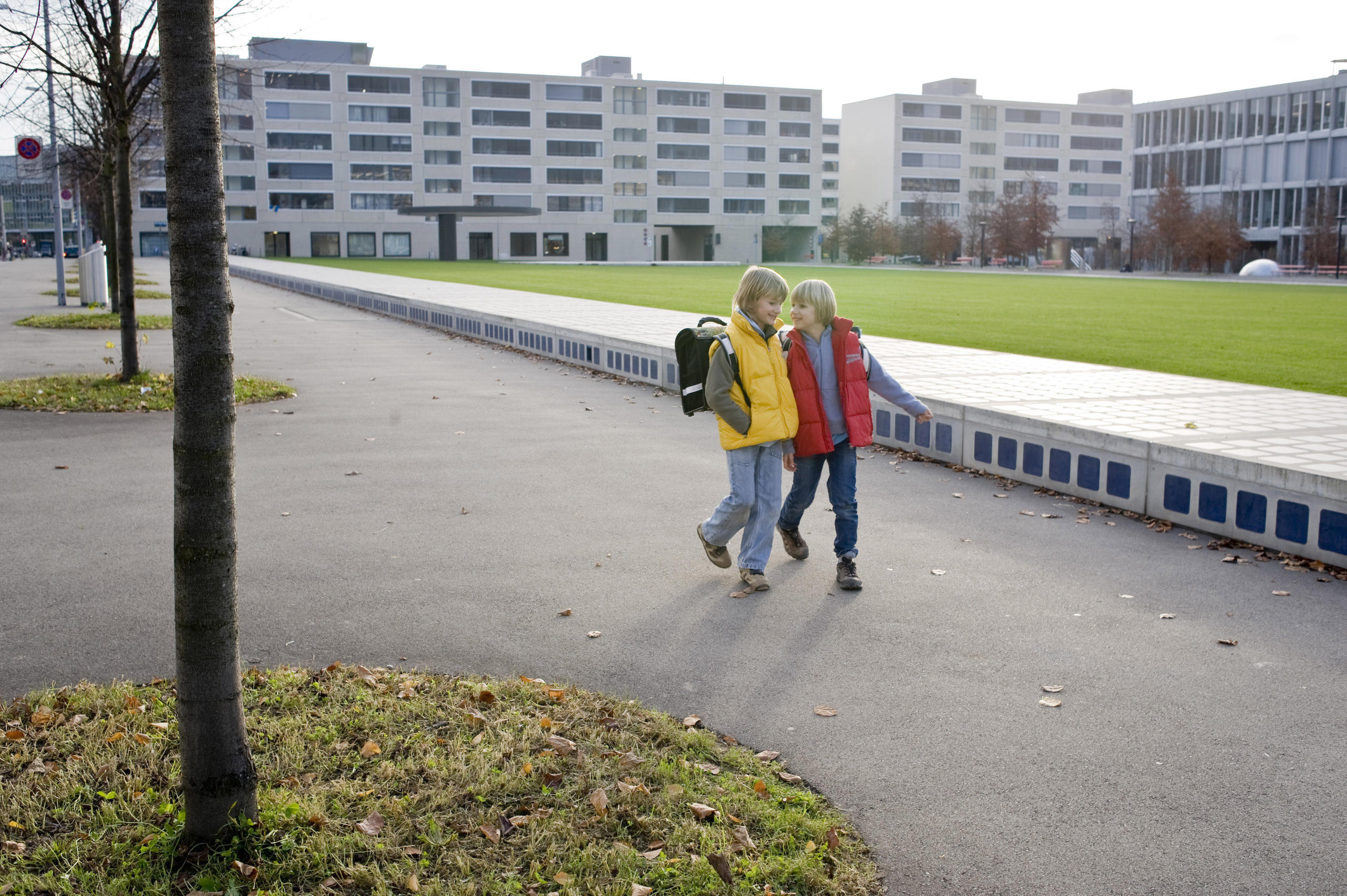
You can find an overview of ongoing debates with our journalists here. Please join us!
If you want to start a conversation about a topic raised in this article or want to report factual errors, email us at english@swissinfo.ch.